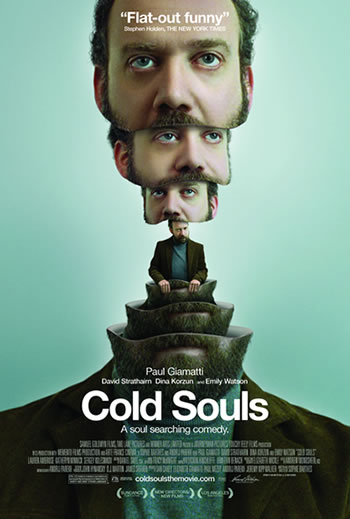
On my Jodi Picoult binge, I've just finished Vanishing Acts, another one of her works. I wasn't as hooked or impressed with this novel, but I still read because I wanted to see the story unfold. She made me interested in finding out what happened with Delia Hopkins and the aftermath of the trial. (It seems like a lot of these Picoult novels have trials--am I wrong??)
Vanishing Acts centers around Delia Hopkins, a woman who has a search-and-rescue dog and finds missing people. She has a fiance, a lawyer named Eric, who is struggling with staying sober due to his alcoholism, and she has a daughter with Eric named Sophie. They live in New Hampshire (a state normally depicted in Picoult's novels), and they are in close contact with Delia's father, Andrew. Another central figure is Eric and Delia's best friend growing up, Fitz. Fitz is a journalist who has had a crush on Delia forever but never felt that he could intervene in their relationship.
The conflict introduces itself when Andrew is arrested for kidnapping. The irony in Delia's job (searching for lost victims) is that she is a lost victim herself. Andrew used to live in Arizona where he kidnapped his own daughter and moved far, far away. He slowly learn that he does this to protect his daughter from an alcoholic mother, one that the state would give custody to. Andrew feared for his daughter's life (that it would turn her into a rotten person) and he did what he thought best: get the hell away.
Andrew is tried in Arizona which makes Delia and her family follow him down there. Eric takes on the case (which is hard for him because he isn't allowed to dispense too much information to Delia) and he struggles with finding out new information about his wife and soon-to-be inlaw. Delia meets up with her mother and learns of her past alcoholism (something too tied with Andrew). Delia fights with her mother a little bit as she tries to make sense of the incident. She believes she would have done the same thing as her father since she believes if Eric did the same thing, she would take Sophie and run.
Meanwhile, Andrew has a side plot going on inside the prison. He hooks up with a black inmate to be friends (which is unheard of inside the prison because racial lines are not to be crossed), and they get involved in dealing meth. His friend tries to get him out of the business because it would destroy Andrew, and the friend is killed by another inmate. Andrew is sort of set up for it, but he ends up getting out of the incident because of the outcome of his trial.

Fitz also accompanies Delia, but his mission is to write a story about it. Fitz ends up abandoning the assignment which costs him his job, but it eventually gets him the girl. Now, this pairing of two seemed obvious to me that it was going to happen. Eric eventually falls off the wagon which lands Delia is Fitz's arms. They soon become a couple and Eric remains down in Arizona to try his hand at being a lawyer there with some old friends.
Here is the twist in the plot (so look away if you don't want a spoiler): Andrew really took Delia away because his wife was cheating on him with a man named Victor who molested Delia (her old name being Bethany Matthews). This is why Andrew assaulted Victor in a bar and then took off with Delia. He was protecting her from sexual abuse as well. Victor later steals Sophie, which makes things really get creepy. But, fortunately, Delia is able to find them.
Done spoiling. Another side plot was a character named Ruthann who was an Indian friend who looked after Sophie as they lived in the trailer park. She taught her Indian stories and crafts. She seemed to act as the voice of reason within the novel, offering smart anecdotes and sayings every now and then. However, Ruthann did not tell them that she had cancer and was going to die. When she goes missing, Delia follows her to a cliff where Delia debates letting her jump or not. Delia has a difficult decision on her hands, but she lets Ruthann have her way. She lets her jump. If she didn't want to suffer in this life, then that was her decision. Delia has a hard time letting this go, but I think it's a turning point for her character.
Overall, I didn't find myself as hooked to this novel as I normally am with her books. I am normally really drawn into the plot and the characters, but I didn't find myself being invested in the characters this time. They didn't seem to be as real to me as others were. It seemed similar to other books, but the draw and the issue wasn't as interesting to me.
The book touched upon more controversial and/or grey-area issues which could be great points for discussion: alcoholism, sexual abuse, kidnapping, identity theft, secret identities, spirituality (tarot cards), parental neglect or abuse, forbidden romance. I can see why this could lead to good discussion; the plot just wasn't stellar to me as other plots have been.
So what do you think of Vanishing Acts?































